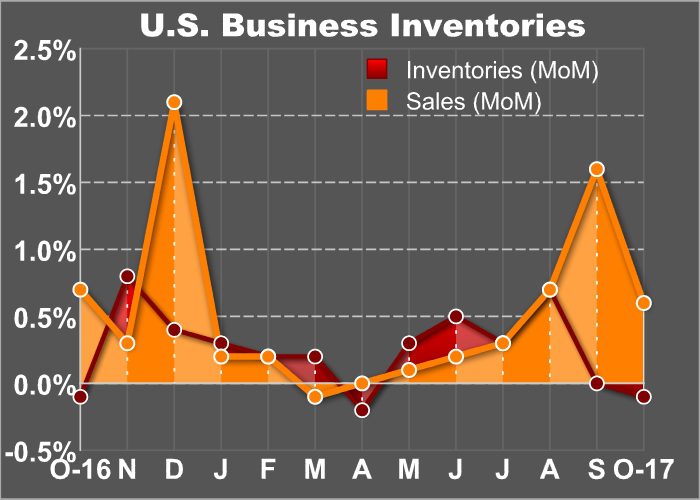When you first enter the market as a forex trader, there are numerous considerations that you need to make. One of the most important is your choice of online platform, as this will have a direct impact on your trading activity and level of success.
This not only applies to the range of asset classes and markets that are available, however. This is because each platform will act as a specific type of broker, and this classification determines how they execute orders and the competitiveness of the prices available to you.
In this post, we’ll look at the main types of broker that are available, and ask which one is right for you?
Dealer Desk vs. No Dealer Desk – Appraising Your Two Main Options
While there are several variations of broker types, most of these typically fall into two main categories. These are dealer desk and non-dealing desk operations, which these models distinguished by one, primary difference.
While no-dealing-desk brokers are able to offer a wide range of trading products through banks and mutual funds, for example, they effectively serve as price aggregators that collate bid and ask values from various sources. These are then presented to traders, enabling investors to access the most competitive, real-time prices across the breadth of their chosen marketplace.
In contrast, dealing desks offer a wider range of services to retail clients while also maintaining access to market makers (more on these later) and liquidity providers. As they do not charge a basic commission, however, they look to making up the difference by placing a premium on the prices presented to clients.
Additionally, dealer desks may also trade directly against you, hedging against your orders to profit from your loss while also triggering re-quotes, execution delays and wider spreads.
What Other Types of Forex Broker Exist?
Traders may also be familiar with Electronic Communication Networks (ECNs), which are essentially bridges that link smaller market participants with liquidity providers. Interestingly, ECNs are leveraged by non-dealing desk operations to connect clients with real-time prices, which helps to inform individual trading decisions and negate the risk of requiring a re-quote.
Alternatively, non-dealing desk brokers may also connect participants and share data through an initiative known as Straight Through Processing (STP). The main benefit of this network is that it optimises the speed at which transactions can be completed, primarily by transferring data that has been uploaded electronically between parties without the need for it to be manually re-entered at any time.
Then we have the aforementioned market makers, which is a broker-dealer form that actually assumes the risk of holding numerous shares in order to facilitate trading. Depending on the security or asset class that each individual client is trading, a market-maker assumes a fixed number of holdings to offset the order. This creates a risk for the broker as the value of their security could well decline before it’s sold to a buyer, and market makers negate this by charging a spread on every single security that they cover.



